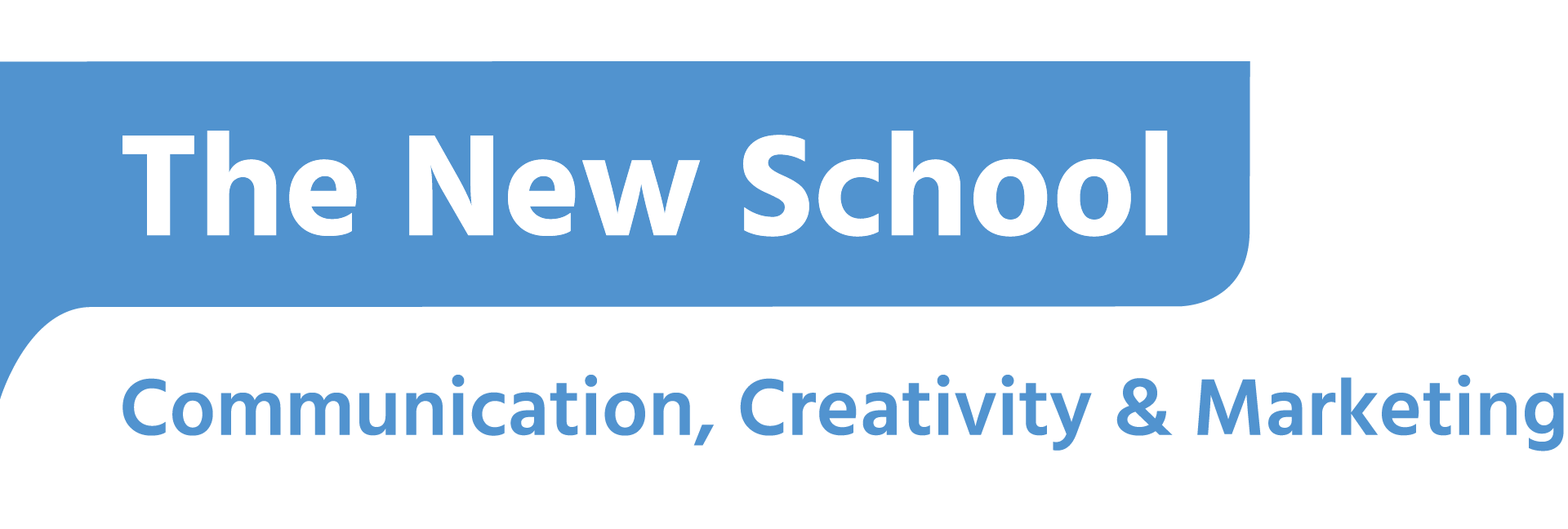As the teachers of English writing for first and second year students, we are responsible for introducing a variety of practical subjects which will be useful for students in an hbo study and beyond (internships and eventual employment).
English writing
Year 1
Practical assignments include formal and informal letter writing: from consumer complaints to the all-important job application letters. The art of writing reports, reviews, and compositions is also emphasised. Vocabulary building, watching a film, discussing current events are also a part of the classroom dynamic.
Year 2
Press releases, interviews, brochure texts, and more advanced reports, reviews, and articles. There are guest speakers and occasional visits to a cultural institution.
The challenge is to evolve from a first draft to a final one. To know how to edit one's work and discover the difference between adequate and excellent. The challenge for all of the students is to have their work evolve from a first draft to a final one. They need to learn how to edit their work and to discover the difference between adequate and excellent. By strengthening their skills in English, students will be able to have the opportunity of working in English language environments (and English-speaking countries) in the future.
Poetry and song text are also used in our curriculum, which is very helpful when creating a catchy slogan, coming up with an appropriate name for a product, and creating a brand. Students learn the fine art of writing text that is 'kort en krachtig', and understanding that sometimes less is more.
Both first and second year students are encouraged to read books, newspaper and magazine articles in English, as well as attend English-language films and visit museum exhibitions. Many assignments deal with current events about subjects which are relevant to student’s interests as well as the marketing, communication, and cultural sector. English writing is much more than writing: it is about exposing, inspiring, stimulating, and provoking: the rest is up to the student, who should be curious, open, original, hungry to learn, and to always listen with the third ear.
The challenge is to evolve from a first draft to a final one. To know how to edit one's work and discover the difference between adequate and excellent. The challenge for all of the students is to have their work evolve from a first draft to a final one. They need to learn how to edit their work and to discover the difference between adequate and excellent. By strengthening their skills in English, students will be able to have the opportunity of working in English language environments (and English-speaking countries) in the future.
Poetry and song text are also used in our curriculum, which is very helpful when creating a catchy slogan, coming up with an appropriate name for a product, and creating a brand. Students learn the fine art of writing text that is 'kort en krachtig', and understanding that sometimes less is more.
Both first and second year students are encouraged to read books, newspaper and magazine articles in English, as well as attend English-language films and visit museum exhibitions. Many assignments deal with current events about subjects which are relevant to student’s interests as well as the marketing, communication, and cultural sector. English writing is much more than writing: it is about exposing, inspiring, stimulating, and provoking: the rest is up to the student, who should be curious, open, original, hungry to learn, and to always listen with the third ear.
Joan Gannij
I relocated to NL to become Editor of an international culinary magazine and evolved to being a communications consultant and copywriter for many multinational companies. The opportunity to teach full-time and share my expertise and experience was a natural progression.
Paul Evans
Paul joined The New School in 2016. He is an English native and has experience with all kinds of literature.


